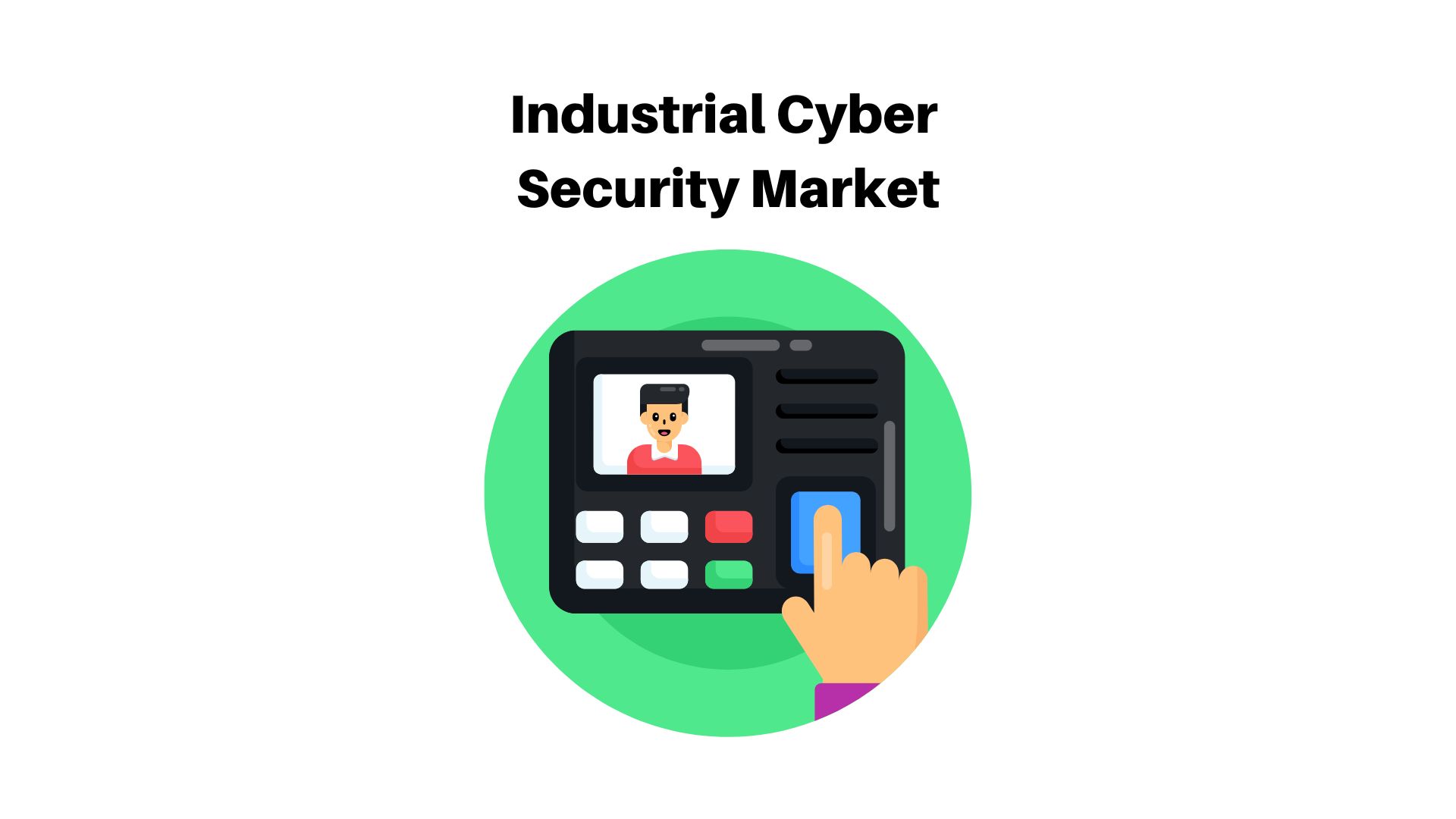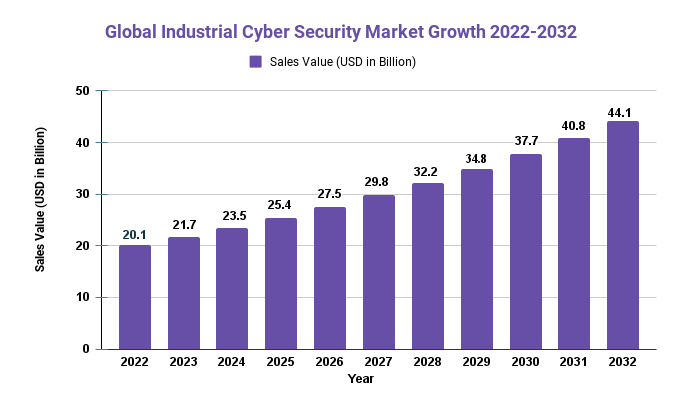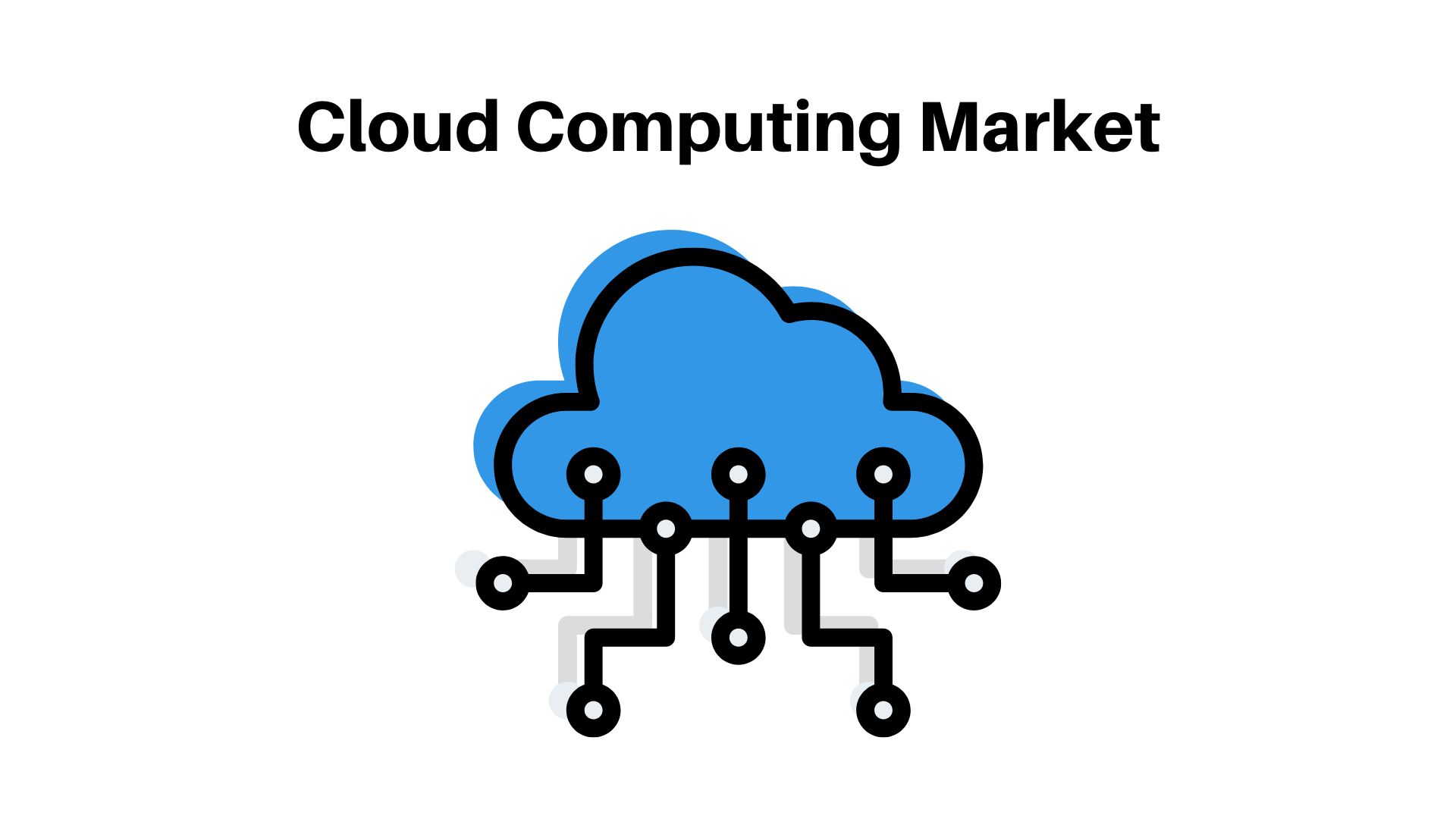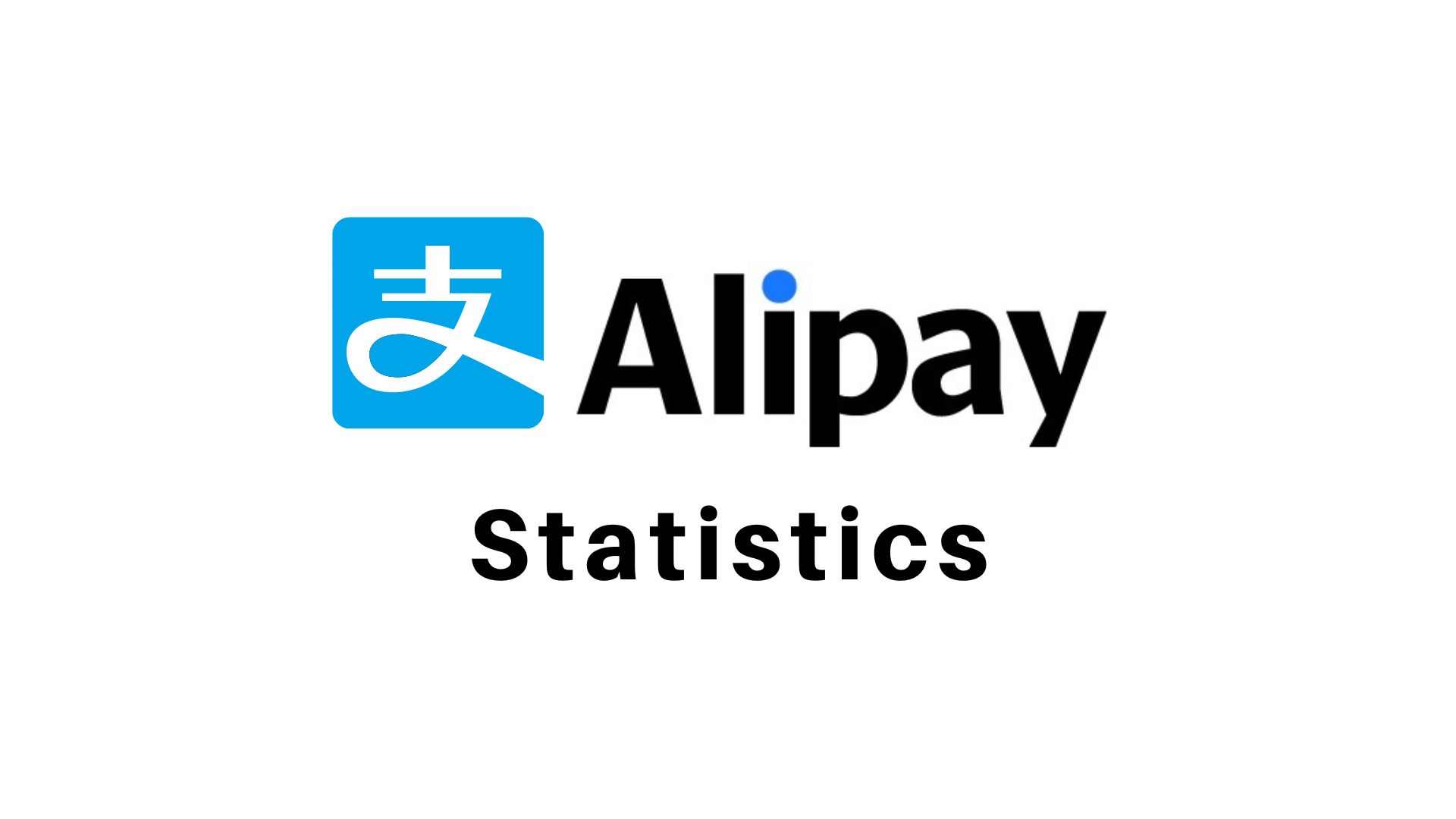Industrial Cyber Security Market to Reach USD 44.1 Billion by 2032, Says Market.us Research Study

Page Contents
Market Overview
Published Via 11Press: The Industrial Cyber Security Market size is expected to be worth around USD 44.1 Bn by 2032 from USD 20.1 Bn in 2022, growing at a CAGR of 8.2% during the forecast period from 2022 to 2032.
The industrial cybersecurity market is the sector that provides solutions and services to safeguard industrial control systems (ICS), supervisory control and data acquisition (SCADA) systems, as well as other industrial networks from cyber threats. This market offers a diverse selection of products and services such as firewalls, intrusion detection systems, security information and event management (SIEM) systems, threat intelligence, risk management strategies, as well as compliance solutions.
The industrial cybersecurity market is being driven by the increasing adoption of connected devices and the rising threat of cyber-attacks on critical infrastructure systems. Furthermore, regulatory requirements mandate the implementation of cybersecurity measures in industrial settings as a result, this market is expected to expand substantially over the coming years.
Request For Sample Report Here: https://market.us/report/industrial-cyber-security-market/request-sample/

Key Takeaways
- The industrial cybersecurity market is being driven by the rising adoption of connected devices and an escalating risk of cyber-attacks against critical infrastructure systems.
- The security information and event management (SIEM) market offers a diverse selection of products and services, such as firewalls, intrusion detection systems, security information and event management (SIEM) systems, threat intelligence, risk management solutions, and compliance solutions.
- The industrial cybersecurity market is expected to experience rapid growth over the coming years, as more organizations embrace industrial automation and digitization solutions.
- Regulatory requirements are driving the demand for industrial cybersecurity solutions, as governments and industry bodies mandate the implementation of security measures in industrial settings.
- Key players in the industrial cybersecurity market include IBM (US), Honeywell (US), ABB (Switzerland), Cisco (US), Schneider (France), Rockwell (US), Dell (US), McAfee (US), Symantec (US), Kaspersky Lab (Russia)
Regional Analysis
- North America is the leading market for industrial cybersecurity due to the high adoption of automation and digitization technologies across industries such as manufacturing, energy/utilities, and transportation. The region boasts many prominent industrial cybersecurity vendors and stringent government regulations which further fuel market expansion.
- Europe has emerged as a significant market for industrial cybersecurity due to the high concentration of industrial automation and manufacturing companies. Furthermore, the region boasts stringent government regulations regarding cybersecurity that encourage the adoption of industrial cybersecurity solutions and services.
- The Asia Pacific region is expected to be the fastest-growing market for industrial cybersecurity due to the increasing adoption of automation and digitization technologies in countries like China, Japan, and India. Furthermore, there are numerous manufacturing facilities and critical infrastructure systems located there which require protection from cyber threats.
- The Middle East and Africa region is a key market for industrial cybersecurity due to the presence of critical infrastructure systems like oil and gas facilities, power plants, and water treatment plants. Furthermore, this region is investing heavily in industrial automation and digitization technologies which will further fuel market expansion.
- Latin America has seen exponential growth in industrial cybersecurity due to the increasing adoption of automation and digitization technologies in industries like oil & gas, mining, and manufacturing. Furthermore, many critical infrastructure systems require protection from cyber threats to remain resilient.
- Overall, the industrial cybersecurity market is projected to expand significantly across all regions due to the increasing adoption of automation and digitization technologies, as well as an increasing threat from cyber-attacks on critical infrastructure systems.
Purchase This Report At Discounted Rate Here: https://market.us/purchase-report/?report_id=12342
Drivers
- Increasing Adoption of Connected Devices: The industrial cybersecurity market is being driven by the rising adoption of connected devices such as sensors, controllers, and other smart devices in industrial settings.
- As more industrial components become interconnected: the risk of cyber-attacks increases thus driving demand for industrial cybersecurity solutions.
- The threat of Cyber-Attacks on Critical Infrastructure Systems: The growing likelihood of cyberattacks against critical infrastructure systems like power grids, oil, and gas facilities, and transportation is fueling demand for industrial cybersecurity solutions. Such disruptions and damage can have devastating effects on industrial operations as a result, organizations are investing in protection measures to safeguard themselves from these potential dangers.
- Stringent government regulations: Governments around the world are enforcing regulations and standards to enhance cybersecurity for critical infrastructure systems. These demands force industrial organizations to implement cybersecurity measures, thus driving demand for industrial cybersecurity solutions.
- Increase in digitization and automation: As industrial environments adopt digitization and automation technologies, the demand for industrial cybersecurity solutions is on the rise. While these advancements can improve efficiency and productivity, they also create an increased attack surface for cybercriminals necessitating industrial organizations to invest in robust security measures.
- Data Security: Industrial organizations increasingly rely on data to make decisions and enhance operations. Protecting this data from cyber-attacks is essential for avoiding disruption to industrial processes. Industrial cybersecurity solutions help safeguard data against these attacks while guaranteeing the continuity of operations.
- Overall, the industrial cybersecurity market is being driven by a need to protect industrial operations from cyber-attacks, adhere to government regulations, and guarantee the safety and continuity of operations in an age of connected devices and digitization.
Restraints
- Lack of Awareness: One major barrier to growth for industrial cybersecurity is a lack of understanding about its significance in industrial settings. Many industrial organizations are still unaware of the potential risks and consequences of cyber-attacks, so they do not see the need to invest in industrial cybersecurity solutions.
- Cost Constraints: Industrial cybersecurity solutions can be costly, and many industrial organizations may not have the budget for investment in such measures. This is especially true for small and medium-sized industrial firms which may lack resources to implement comprehensive security protocols.
- The complexity of Industrial systems is intricate: necessitating specialized cybersecurity solutions tailored to each organization's individual requirements. This makes it challenging for industrial organizations to locate the appropriate cybersecurity solutions that satisfy their particular requirements.
- Lack of Skilled Cybersecurity Professionals: The shortage of skilled cybersecurity professionals is a significant impediment to industrial cybersecurity growth. Many industrial organizations struggle to locate cybersecurity specialists with the knowledge and experience necessary for implementing and maintaining effective security measures.
- Resistance to Change: Industrial organizations may be reluctant to adopt new technologies, including cybersecurity solutions. This opposition makes it difficult to implement comprehensive security measures and may lead to a lack of investment in industrial cybersecurity solutions.
- Overall, the industrial cybersecurity market is faced with several obstacles such as a lack of awareness, cost constraints, complex industrial systems, a shortage of skilled personnel, and resistance to change. Addressing these issues will be essential in propelling growth within this space.
Opportunities
- Integration of AI and machine learning: Artificial intelligence (AI), and machine learning (ML) can be combined to enhance industrial cybersecurity solutions. By analyzing large amounts of data and recognizing patterns, these technologies help detect and prevent cyber-attacks before they take place.
- The integration of AI and ML into industrial cybersecurity solutions represents an exciting new market growth opportunity. Expansion of cloud-based cybersecurity solutions Cloud-based industrial cybersecurity solutions offer several benefits, such as scalability, flexibility, and lower costs. As more industrial organizations adopt cloud technologies, demand for these cloud-based cybersecurity solutions is expected to grow – providing an opportunity for market expansion.
- Growth of IoT and IIoT: As the Internet of Things (IoT) and Industrial Internet of Things (IIoT), expand, so does the demand for industrial cybersecurity solutions. With more connected devices and sensors in industrial environments, the risk of cyber-attacks increases, necessitating companies to invest in solutions that can protect against these dangers.
- Expansion of Critical Infrastructure Projects: Many countries are investing in crucial infrastructure such as smart grids, transportation systems, and water treatment facilities. To protect against cyber-attacks on these projects, robust cybersecurity measures are required creating an opportunity for the industrial cybersecurity market to provide solutions and services.
- Increased Demand for Managed Cybersecurity Services: As industrial systems become more intricate, many industrial organizations are turning to managed cybersecurity providers to manage and maintain their cybersecurity measures. This presents an opportunity for industrial cybersecurity vendors to offer these services and expand their businesses.
- Overall, the industrial cybersecurity market is projected to experience significant growth opportunities due to the integration of AI and machine learning, expansion of cloud-based cybersecurity solutions, growth of IoT/IIoT, expansion of critical infrastructure projects, as well as rising demand for managed cybersecurity services.
Challenges
- Lack of Standardization: In the industrial cybersecurity market, there is a distinct lack of standardization. This makes it difficult for industrial organizations to select the appropriate cybersecurity solution tailored to their requirements. Furthermore, the lack of standardization makes comparing different solutions and assessing their efficacy difficult.
- The complexity of Industrial Systems: Industrial systems is intricate and interconnected, making it challenging to implement effective cybersecurity measures. Furthermore, organizations often have multiple legacy systems with distinct cybersecurity requirements, making it challenging to develop a comprehensive cybersecurity strategy.
- Rapidly evolving threat landscape: The industrial cybersecurity threat landscape is constantly shifting, with more sophisticated cyber-attacks emerging daily. To stay ahead of these developments, industrial organizations must stay abreast of developments to guarantee their cybersecurity measures are effective.
- Difficulty Securing Legacy Systems: Many industrial systems are legacy designs that weren't intended to be secure, making them difficult to protect against cyber-attacks. As a result, industrial organizations often face an uphill battle when trying to secure these legacy systems against attacks.
- Budget Limitation: Industrial organizations often lack sufficient budgets for cybersecurity, making it difficult to invest in comprehensive protection measures. This situation may be especially true for small and medium-sized industrial firms that lack the resources to purchase expensive cybersecurity solutions.
- Overall, the industrial cybersecurity market faces several obstacles such as lack of standardization, the complexity of industrial systems, the rapidly evolving threat landscape, difficulty in securing legacy systems, and limited budget. Addressing these issues will be essential in propelling growth within this space.
Recent Development
- Honeywell Technologies and Acalvio Technologies announced on 11 January 2022 that they have launched a solution to detect unknown attacks in commercial buildings' operational technology environments. Honeywell Threat Protection Platform, powered by Acalvio Technologies, provides advanced active defense – as well as deception techniques – to outsmart hackers. Honeywell's technology is recommended to cybersecurity standard bodies and governments because it can detect and control attackers.
- Kaspersky Enterprise and ownCloud announced on 28th June 2021 the beginning of their technology collaboration to integrate Kaspersky Scan Engine within the ownCloud Enterprise collaboration portal. This integration takes place using an open standard Internet Content Adaptation Protocol. Enterprises can collaborate in one protected environment to create documents and protect their sensitive data.
Report Scope
| Report Attribute | Details |
| The market size value in 2022 | USD 20.1 Bn |
| Revenue forecast by 2032 | USD 44.1 Bn |
| Growth Rate | CAGR Of 8.2% |
| Regions Covered | North America, Europe, Asia Pacific, Latin America, and Middle East & Africa, and the Rest of the World |
| Historical Years | 2017-2022 |
| Base Year | 2022 |
| Estimated Year | 2023 |
| Short-Term Projection Year | 2028 |
| Long-Term Projected Year | 2032 |
Key Market Segments
Type
- Network Security
- Application Security
- Endpoint Security
- Wireless Security
- Cloud Security
- Others
Application
- Power
- Energy & Utilities
- Transportation Systems
- Chemical and Manufacturing
- Others
Key Market Players
- IBM (US)
- Honeywell (US)
- ABB (Switzerland)
- Cisco (US)
- Schneider (France)
- Rockwell (US)
- Dell (US)
- McAfee (US)
- Symantec (US)
- Kaspersky Lab (Russia)
Frequently Asked Questions
What is the market study period?
The Industrial Cyber Security Market is studied from 2017 – 2032.
What is the growth rate for the Industrial Cyber Security Market?
The Industrial Cyber Security Market is growing at a CAGR of 8.2%
Which region experiences the highest rate of growth in the Industrial Cyber Security Market?
Asia Pacific is growing at the highest CAGR over 2022- 2032.
Which region is the largest in the Industrial Cyber Security Market?
North America holds the highest share in 2022.
Who are the major players in the Industrial Cyber Security Market?
IBM (US), Honeywell (US), ABB (Switzerland), Cisco (US), Schneider (France), Rockwell (US), Dell (US), McAfee (US), Symantec (US), Kaspersky Lab (Russia)
The team behind market.us, marketresearch.biz, market.biz and more. Our purpose is to keep our customers ahead of the game with regard to the markets. They may fluctuate up or down, but we will help you to stay ahead of the curve in these market fluctuations. Our consistent growth and ability to deliver in-depth analyses and market insight has engaged genuine market players. They have faith in us to offer the data and information they require to make balanced and decisive marketing decisions.



